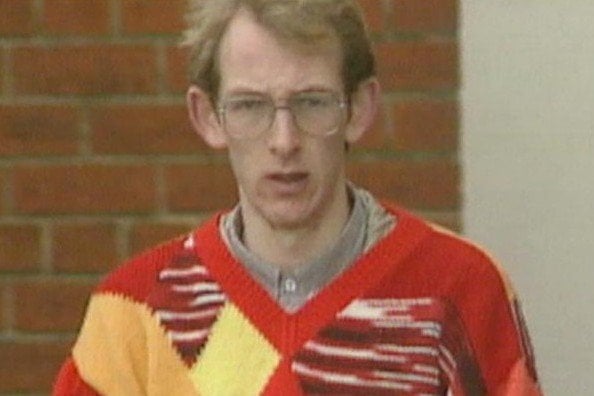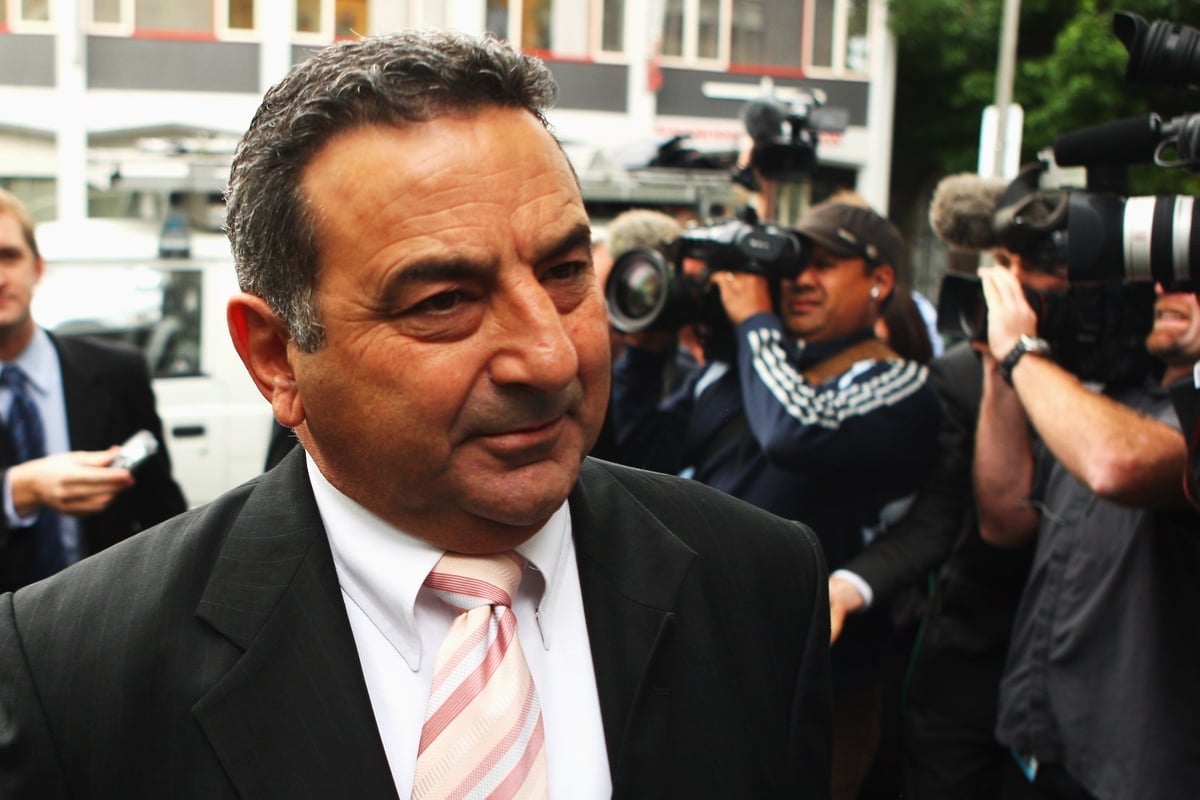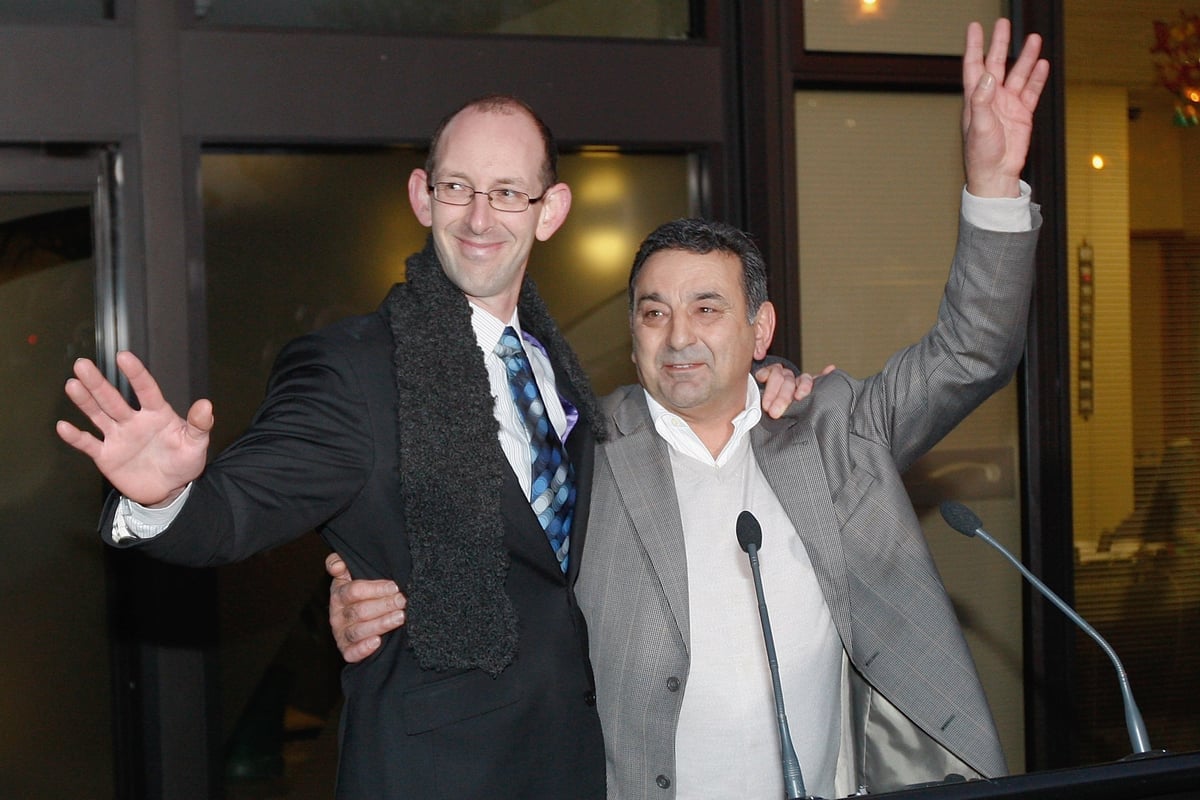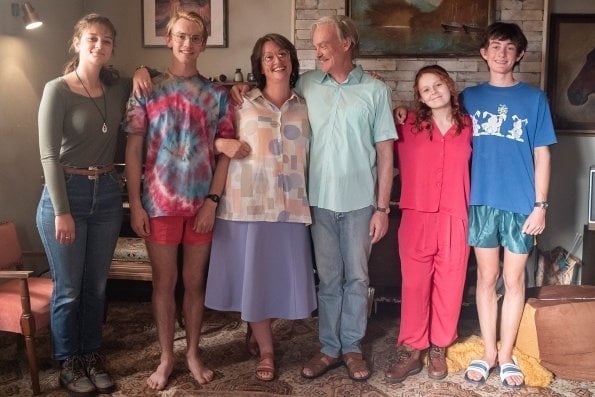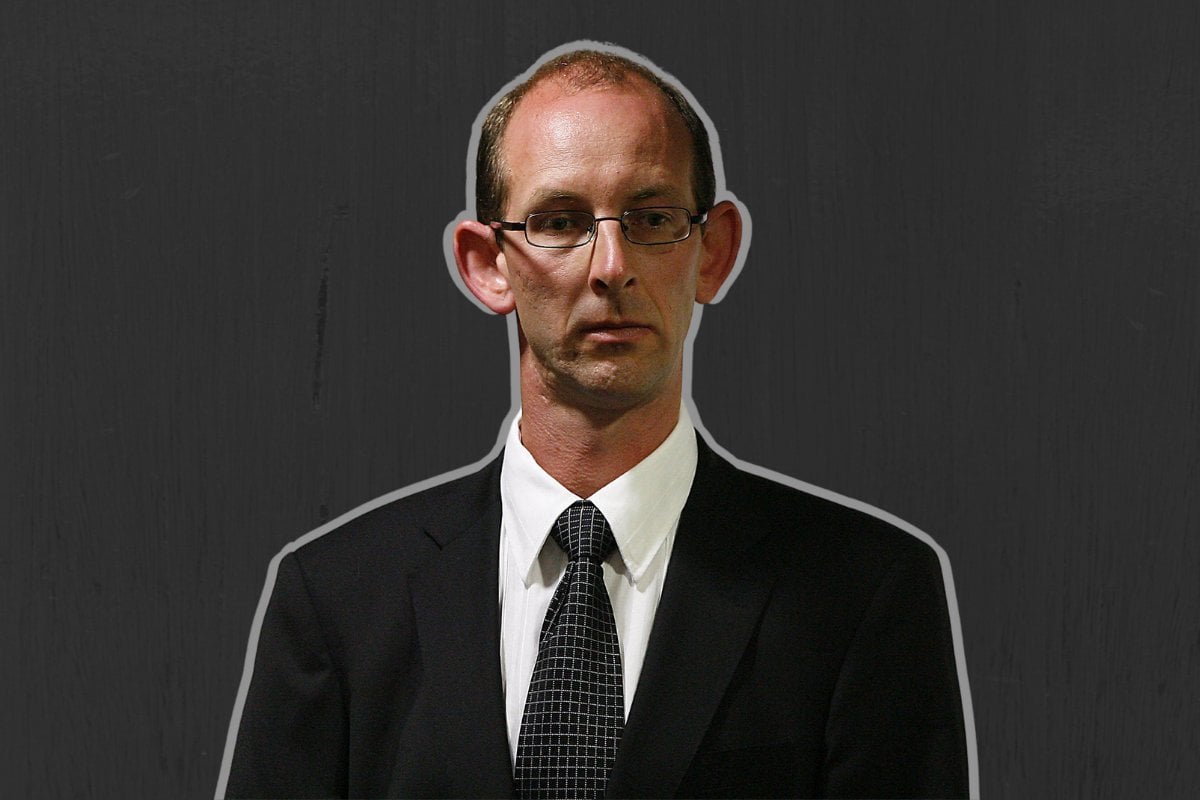
Every New Zealander knows the Bain family name.
The names of Robin and Margaret Bain, and their children Arawa, 19, Laniet, 18, and Stephen, 14, and most of all, the name of David Bain, the lone survivor of family murders at their Dunedin home.
Everyone knows his name, and everyone has an opinion.
Watch: The trailer for Stan's Black Hands, a dramatic series about the Bain family. Post continues below video.
The story - recounted almost folklore across the ditch - goes like this: David Bain, 22 years old at the time, headed out for his paper run early on the morning of June 20, 1994.
He returned home and at 7.09am, and made a frantic, distressed call to the 111 emergency line.
"They're all dead, they're all dead," he said.
Police arrived to the family home to find five members of the Bain family - David's parents and three siblings - shot dead.
A message was found typed on a computer: "Sorry, you are the only one who deserved to stay."

